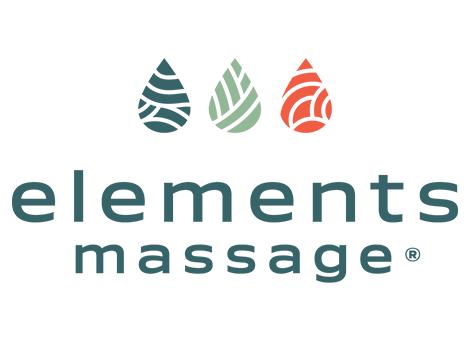The pursuit of well-being is a fundamental human goal, encompassing physical health, mental balance, and emotional fulfillment. In recent years, massage therapy has gained recognition not only as a method for relieving physical discomfort but also as a holistic tool for enhancing overall well-being. Through various techniques and approaches, massage therapy offers profound benefits that contribute to a heightened sense of well-being, reinforcing its role in comprehensive health and wellness programs.
Mechanisms Through Which Massage Therapy Enhances Well-being
-
Holistic Stress Reduction: One of the most immediate and palpable effects of massage therapy is its ability to reduce stress. By lowering cortisol levels and activating the body's relaxation response, massage promotes a state of calmness and relaxation, which is foundational for well-being (Field, 2010).
-
Improvement in Physical Health: Regular massage sessions can lead to noticeable improvements in physical health, including reduced muscle tension, enhanced flexibility, and decreased pain. These physical benefits can significantly contribute to a sense of well-being by enabling individuals to engage more fully in their daily activities and hobbies without discomfort (Field, 2014).
-
Emotional Balance and Mental Health Support: Massage therapy can be a powerful ally in maintaining emotional balance and supporting mental health. The release of endorphins and serotonin during a massage session promotes positive emotions and can help combat feelings of anxiety and depression, leading to an enhanced sense of mental and emotional well-being (Moraska et al., 2008).
-
Boost in Immune Function: The ability of massage therapy to boost immune function is another pathway through which it promotes well-being. A stronger immune system can lead to fewer illnesses and a general feeling of health and vitality, contributing to overall well-being (Field, 2016).
-
Enhanced Sleep Quality: Quality sleep is crucial for well-being, affecting everything from cognitive function to emotional stability. Massage therapy can improve sleep quality by promoting relaxation and alleviating conditions that interfere with sleep, such as chronic pain or stress (Field, 2010).
-
Increased Body Awareness: Massage therapy fosters an increased awareness of the body, encouraging individuals to tune into signals of tension, discomfort, or imbalance. This heightened body awareness can lead to more proactive health and lifestyle choices, further promoting well-being (Field, 2014).
Scientific Evidence on Massage and Well-being
Research has consistently supported the role of massage therapy in enhancing well-being. A comprehensive review by Moyer et al. (2004) analyzed the effects of massage therapy across multiple studies, concluding that massage has significant benefits for psychological well-being, including reductions in anxiety and depression.
Additionally, a study by Rapaport et al. (2010) demonstrated that participants receiving massage therapy reported an immediate sense of well-being, along with measurable changes in biological markers associated with relaxation and stress reduction.
Conclusion
Massage therapy provides a multifaceted approach to well-being, addressing physical, emotional, and mental health in a holistic manner. By reducing stress, improving physical health, supporting emotional balance, enhancing immune function, improving sleep quality, and fostering body awareness, massage therapy can significantly contribute to a heightened sense of well-being. As awareness of its comprehensive benefits grows, massage therapy is likely to play an increasingly integral role in wellness strategies aimed at promoting a fulfilling and balanced life.
References
- Field, T. (2010). Touch for socioemotional and physical well-being: A review. Developmental Review, 30(4), 367-383.
- Field, T. (2014). Massage therapy research review. Complementary Therapies in Clinical Practice, 20(4), 224-229.
- Field, T. (2016). Massage therapy research review. Complementary Therapies in Clinical Practice, 24, 19-31.
- Moyer, C. A., Rounds, J., & Hannum, J. W. (2004). A meta-analysis of massage therapy research. Psychological Bulletin, 130(1), 3-18.
- Moraska, A., Pollini, R. A., Boulanger, K., Brooks, M. Z., & Teitlebaum, L. (2008). Physiological adjustments to stress measures following massage therapy: a review of the literature. Evidence-Based Complementary and Alternative Medicine, 7(4), 409-418.
- Rapaport, M. H., Schettler, P., & Bresee, C. (2010). A preliminary study of the effects of a single session of Swedish massage on hypothalamic–pituitary–adrenal and immune function in normal individuals. The Journal of Alternative and Complementary Medicine, 16(10), 1079-1088.

